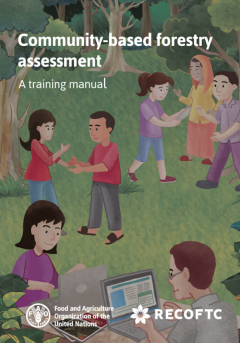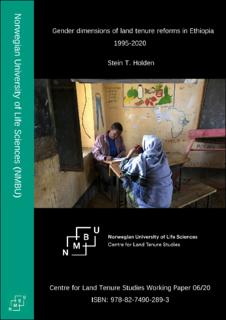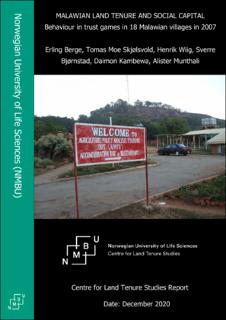Addressing Food Loss and Waste: A Global Problem with Local Solutions
Investments that reduce food loss and waste can deliver big wins on two pressing issues of our time: food security and environmental sustainability, according to a new World Bank report. But the results are not automatic -- countries need well-targeted solutions.






